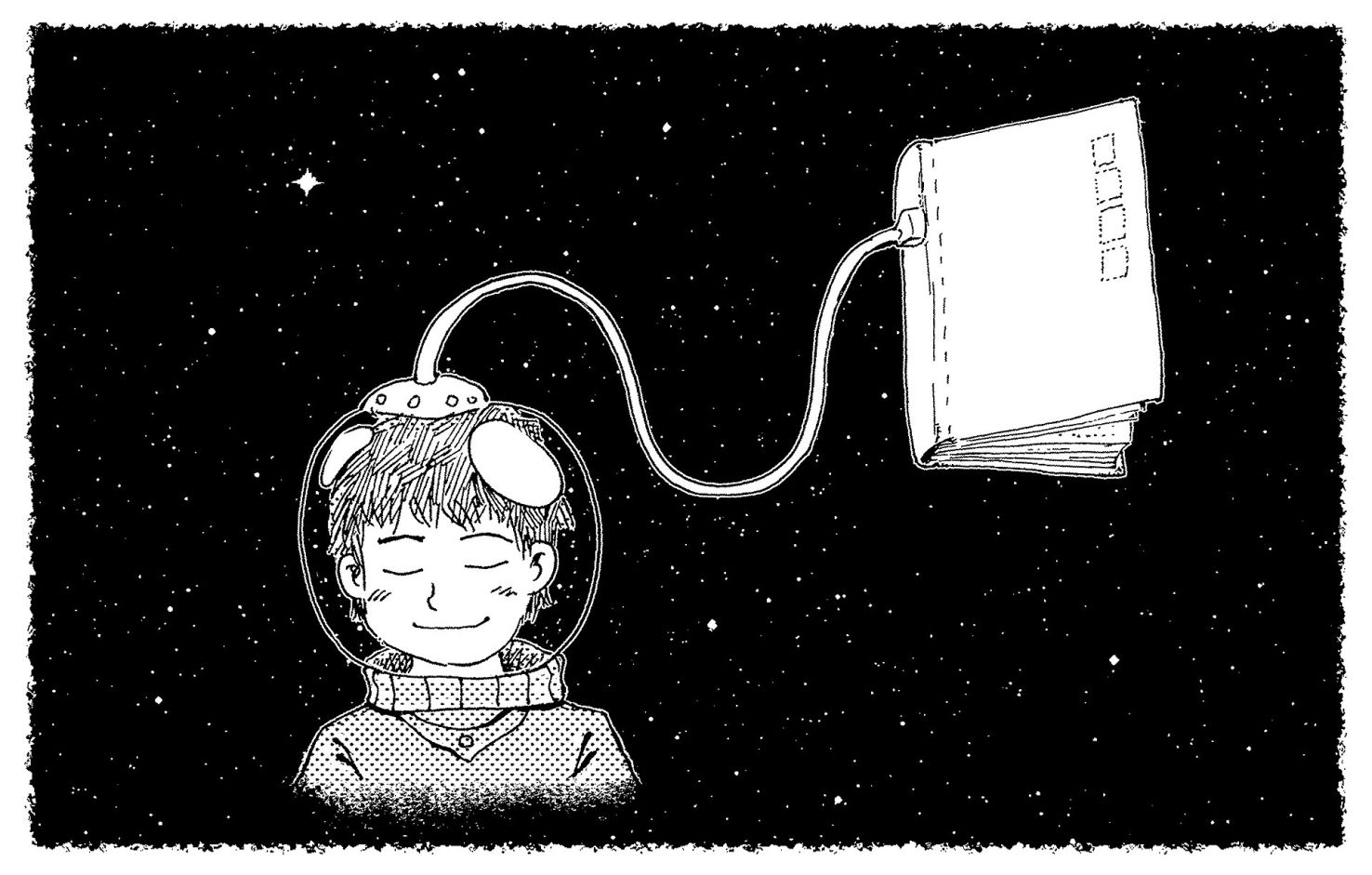Red Dust
A Western Fable of Guns, Grit, and Grandmothers
I. Red in the Saddle
They called her Red. Not because of her coat — though it was red, dramatic, and wildly impractical for desert travel — but because she had a habit of solving problems with bullets and sarcasm. Mostly sarcasm.
She rode a black mare named Protocol, who hated everyone equally and had kicked three bounty hunters into early retirement. Red liked that in a horse.
Her job? Courier. High-risk, low-pay, no dental. She delivered secrets, threats, and occasionally baked goods laced with explosives. This time, she was hauling a locked satchel to a woman known only as Grandmother — a retired rebel, part-time whiskey distiller, and full-time myth.
Destination: Dustvale. Population: morally flexible.
Red didn’t trust towns with names like Dustvale. They always had a saloon called "Last Chance", a sheriff who was either corrupt or taxidermied, and at least one preacher who sold snake oil and marital advice.
She adjusted her hat, checked her revolver (named “Polite Conversation”), and rode into town like she had nothing to lose — which was mostly true.
II. The Wolf
The Wolf wasn’t subtle. He wore a black coat, black hat, and black mood. He worked for the Conglom — a railroad syndicate with more lawyers than locomotives and a fondness for hostile takeovers.
He’d been hired to intercept Red. Not because she was dangerous. Because she was inconvenient. And in a town where the sheriff moonlighted as a loan shark, inconvenience was a hanging offense.
The Wolf rode a pale horse named Audit and carried twin pistols named Clause and Fine Print. He also carried a grudge, but that was more of a hobby.
He didn’t hate Red. He didn’t feel much of anything. But he remembered her. A girl with fire in her eyes and a knife in her boot. He’d let her live once. A mistake he intended to correct.
They’d been lovers once. Briefly. Intensely. Stupidly.
III. The Train Job
It started with a train. Most bad ideas do.
Red was hired to rob it. The Wolf was hired to protect it. Instead, they teamed up, stole the cargo, sold it to three different buyers, and spent three nights in a ghost town drinking moonshine and pretending the world wasn’t broken.
She liked his quiet. He liked her chaos. They made sense — until the Conglom offered him a badge and a pension. He took it. She took offense.
She left him with a bullet in his shoulder and a note that read:
*“You should’ve stolen me instead.”*
He never forgave her. She never forgave him for needing forgiveness.
IV. Dustvale
Dustvale looked like it had been built by drunk termites. The saloon sign flickered between *Last Chance* and *Tax Office*. A vulture wearing a monocle watched Red from the church steeple. She nodded. It nodded back.
She passed the sheriff, who was asleep, drunk, or embalmed. Hard to tell. She passed a preacher selling indulgences and snake oil. She passed a child offering “authentic frontier trauma” for five cents.
She reached the boarding house. Knocked once. No answer. Knocked twice. Still nothing.
She kicked the door in. Because subtlety was for people who paid taxes.
V. Grandma’s Parlor
Grandmother sat in a rocking chair, sipping something that smelled like regret and gunpowder.
“You’re late,” she said.
“You’re supposed to be dead,” Red replied.
“I am,” Grandmother said. “But paperwork’s slow.”
Red handed her the satchel. Grandmother didn’t open it. Just smiled like she knew something and was mildly disappointed in everyone.
“You know what’s in it?”
“Nope.”
“Good. That means you’re still useful.”
Red didn’t like being useful. It usually ended with someone else getting rich and her getting shot.
VI. The Wolf Arrives
He came at midnight, because clichés are free.
Red met him in the street. No words. Just lead.
They danced — bullets, boots, blood. He was fast. She was faster. But he was predictable. She wasn’t.
She shot Clause out of his hand. Kicked Fine Print into the dust. He lunged. She stabbed. He fell.
“You always were messy,” he said, bleeding irony.
“And you always were late,” she replied.
They stared at each other. Dust swirled. The town held its breath.
“You still wear that coat,” he said.
“You still wear regret,” she replied.
VII. The Satchel
Grandmother finally opened it.
Inside: a deed. Not to land. To truth. A ledger of every crooked deal the Conglom ever made. Names, dates, bribes, bodies. Enough to make a priest swear and a banker cry.
“Gonna burn it?” Red asked.
“Gonna publish it,” Grandmother said.
“Same thing.”
VIII. The Goodbye
Red stood over the Wolf, bleeding but breathing.
“You gonna finish me?” he asked.
“I already did,” she said.
He laughed. It hurt.
“You ever think about Calico Ridge?”
“Only when I need a reason to drink.”
“I should’ve stolen you.”
“You should’ve tried harder.”
She left him with a bandage and a bottle. Mercy, Western-style.
IX. The Ending
Red rode out at dawn. The town behind her was quiet. Still pretending.
She didn’t look back. She didn’t believe in nostalgia. Or forgiveness.
She believed in dust. And distance. And the sound of hooves fading into legend.
Protocol snorted.
Red smirked.
Somewhere, a vulture adjusted its monocle.



